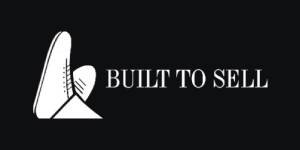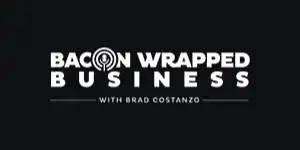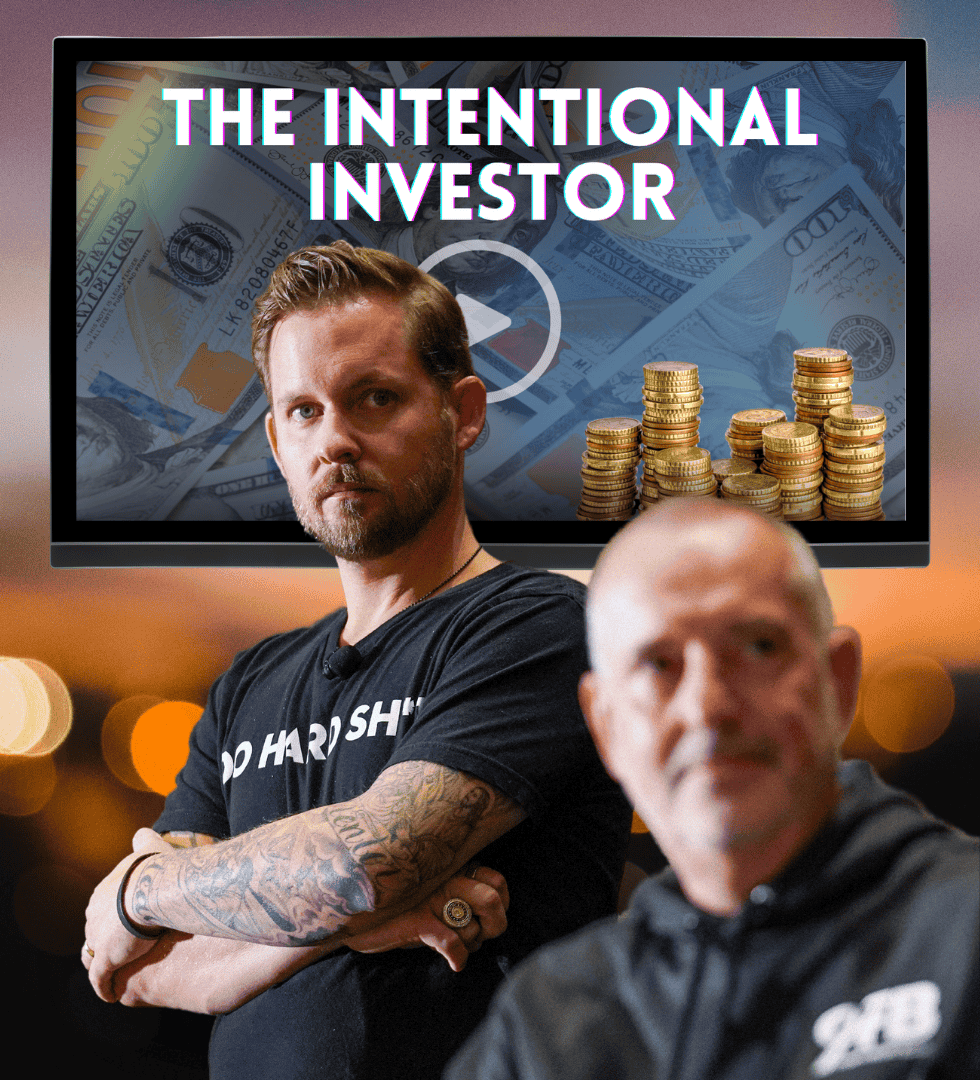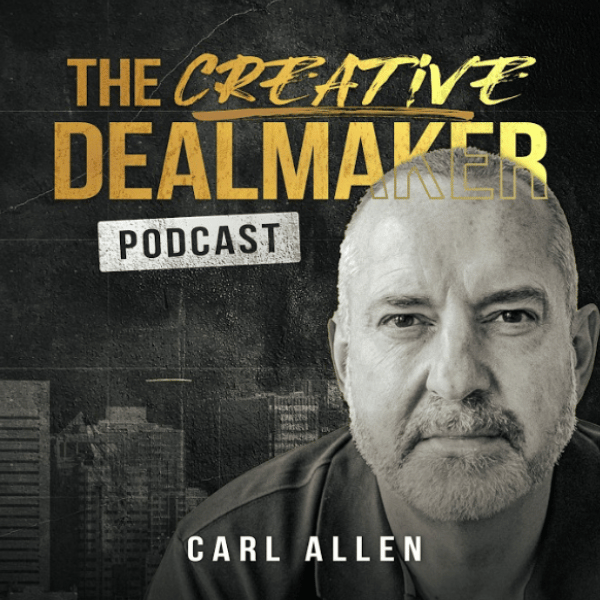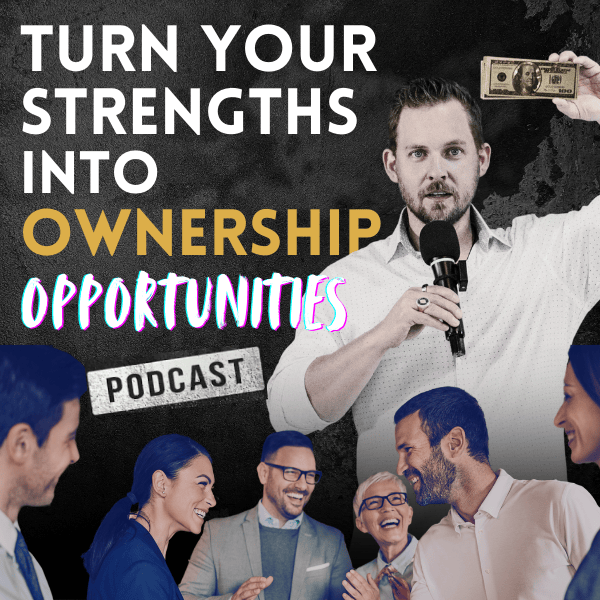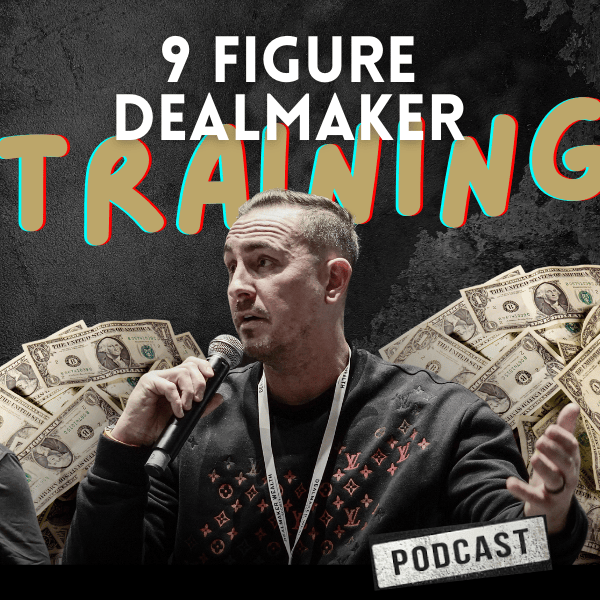How to Determine the Value of a Business
How to Determine the Value of a Business

Something totally crazy happened to me recently.
Part of me was rolling around my office in fits of uncontrollable laughter…
The other part of me was PISSED.
Why?
I was on a Zoom call with the owner of a web design company.
The seller wanted to speak to me and wouldn’t wait for a face-to-face, so I did the call via Zoom. I always prefer to talk in person, but he was adamant so I went along with it.
So we were on the call reviewing the numbers…
- Revenues – $1,433,440
- Profits – $198,775
- Asking price – $3,600,000.
WTF!!
I did the math in my head. That’s an 18X multiple.
That number ($3.6 million) is what’s called the enterprise value, or EV for short. It’s the value of the trading operation minus the value of shares or equity.
To figure the EV, we use EBITDA – which stands for earnings before interest, taxes, depreciation and amortization – and apply a multiple.
For leveraged buyouts, or LBOs – which is the type of deal we focus on at Dealmaker Wealth Society – we’re looking for an EV of 2.0—2.5X EBITDA, the average range for a small business.
So why on EARTH was this business valued at 18X?
It was just me and the seller on the call. The broker (who had set up the call) was nowhere to be seen.
So I asked the question (I just couldn’t help myself!)… “A business like this would normally sell for between 2.0X and 2.5X EBITDA. You are asking 18X. Why?”
There was a long, painful silence… then the seller fessed up.
And what they told me just about BLEW my mind.
“Erm, well, Carl… because we do SEO services within the business and we are a Google partner, we should be worth the same multiple as Google.”
I was staggered. I couldn’t believe it.
Because I was remote and near my laptop, I Googled (the irony is not lost on me) Google’s numbers.
At the time, its EV divided by EBITDA was 18.
The broker had done his research… but it was still totally crazy.
There’s a reason why Google would command an 18X multiple. Many reasons, actually…
- It’s a public company and there is a massive, liquid market for its shares
- It’s a multibillion-dollar business with best-in-class management, processes, infrastructure and IP, along with massive barriers to entry
- It has consistent growth in revenues, profits and market valuation
- It’s arguably one of the greatest businesses in the world.
And I could go on…
On the other hand, this small web design business in a sleepy U.K. village has NONE of those things.
No barriers to entry… no consistent revenue, profit or balance sheet growth…
And NO solid management when the seller exits the business.
There isn’t anyone on planet Earth (or any other planet) that will pay 18X for this business. Not even 5X, in my opinion.
However, now that the seller has this multiple anchored in his head, it’s going to take me months of negotiation and time to talk him down.
I blame the broker. Clever thinking on his part, but still – not sensible. He’s doing his client (the seller) a massive disservice because a number like that will scare off buyers.
This isn’t the first time I’ve seen something like this. There are other crazy ways a seller might value their business…
Sometimes, for example, a seller will call their wealth manager before deciding to sell.
The wealth manager works out how much cash the seller needs for the future to live the life they desire.
Then that number becomes the asking price.
NO!
That has NOTHING to do with the asking price.
The asking price for the business should be based on THREE things:
- The financials of the business. Remember to shoot for 2.0—2.5X multiple of EBITDA as a general rule.
- The business’ value to the buyer. If it’s a trade buyer, there may be leverage (cross-selling customers and products, cost savings, etc.) so the price could be higher. If it’s a highly motivated seller who just wants to see their legacy protected, the price could be lower.
- The structure of the deal. This is CRITICAL. For LBO deals, we’re looking at some combination of seller financing and financing using the assets of the business.
Now – would I pay 18X for this business? Never
But would I pay 10X for it? Yes
If I could buy this business 100% seller-financed and do it over 20 years… I get the business for free. Then a 50/50 split of the profits – assuming I don’t grow the business. That would work.
THAT’S why deal structure is so important – and how it gives you a bit of wiggle room when it comes to valuing the business.
The moral of this story is that sellers (and brokers) can come up with CRAZY valuations based on nonbusiness factors.
But deals at this level are more about psychology than financial reasoning…
You can structure a deal that gives you AND the seller what each of you wants.
A win-win.
Until next time, bye for now.
Carl Allen
Editor and co-founder, Dealmaker Wealth Society
